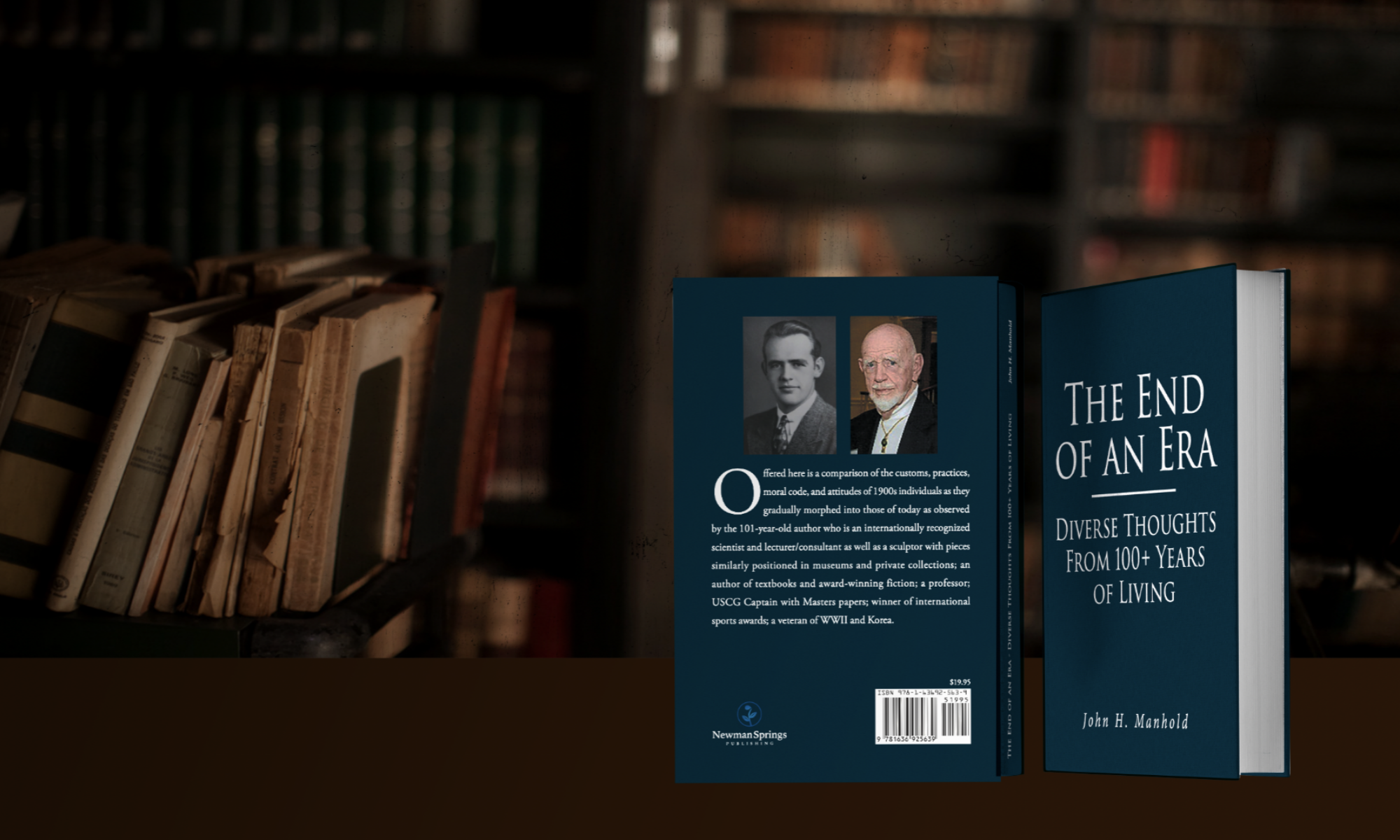Conscience of the Machine published, copyright and written by Brian Cato.
This is a philosophical tale concentrating on three humans and one machine in a fictional setting not possible within the U.S. for many years. The setting is to be ignored, however, as it has been employed to illustrate the author’s interestingly thought-producing sequence. Bobby Rosen is a young student with greater intelligence than he is able to demonstrate. When facing academic tests he develops an overriding tension that interferes with his thought processes. Regrettably, he has an additional learning problem in mathematics and the sciences. His parents are supportive and well-meaning, but both have overly active work lives that allow little other than demonstrating stray moments of affection. Emma Browne is a dedicated teacher believing that gentle encouragement is required to bring forth the best student performance. She constantly is at odds with Harvey McNair, the school’s Principal who contrarily believes in following the era’s trend to use fear in his pursuit of better student performance. The ominous machine overshadows the entire tale from its early introduction simply as an interruption of normal daily activity at the local high school by the sudden metallic screeching sounds accompanied by screams from behind a fence adjacent to the school yard. No student, if knowledgeable, will describe, much less discuss the matter and the machine does not actually appear and take an active part for the reader until the story’s closing moments when it assumes an overpowering position.
Discussion: The entire tale is a presentation of the psychological and philosophical aspects of personal development and whether man actually has ‘free will’ in making choices in his life, or whether life is dictated by fate? The author, a Brown University dual major graduate (Philosophy, Chemistry), is a synthetic organic chemist engaged in working “for major pharmaceutical companies for ten years, taking breaks to spend a year teaching English in China and to write.” He offers further that he has “an abiding interest in the phenomenon of the mind, the genesis of identity, and the persistent irrationality of the human creature, himself included.” If the prospective reader’s interests are in accord with those expressed by the author, you certainly will thoroughly enjoy being able to project yourself into this somewhat fanciful setting.
5* For devotees of philosophical discussions.
